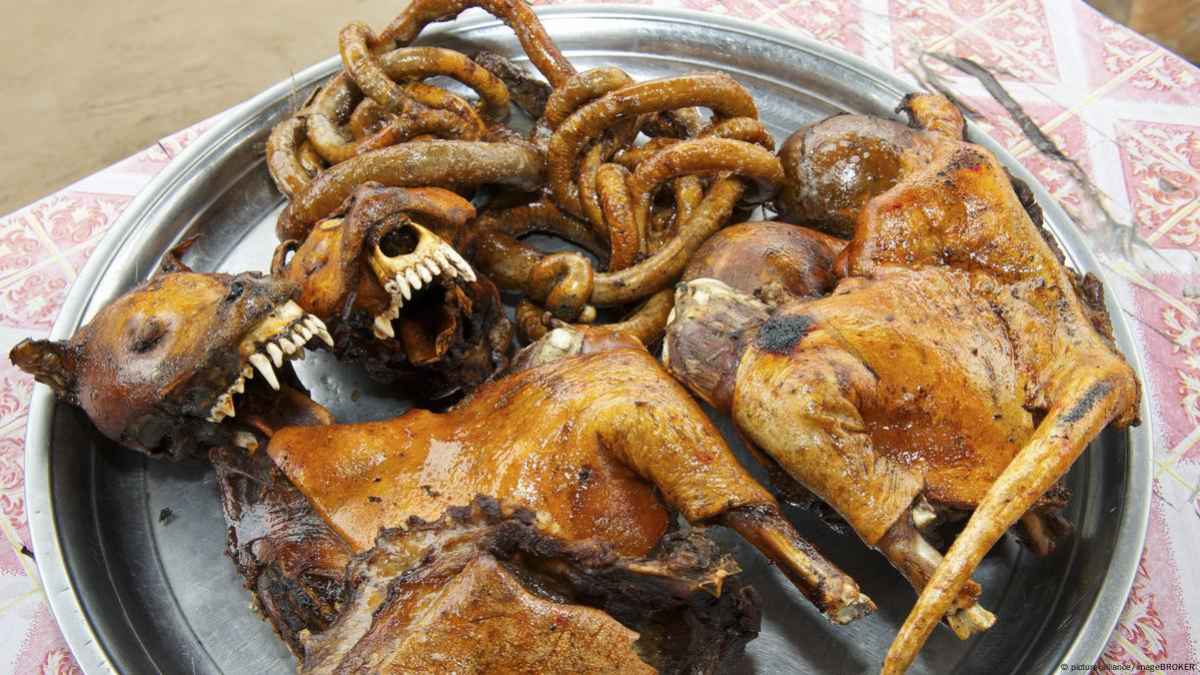Chaos broke out at the Bengaluru railway station when police seized 90 insulated boxes with around 2,700 kg of meat from Jaipur. Controversy arose as it was alleged to be dog meat. Animal activists protested at the station. Police registered a complaint that night, but officials later clarified that the boxes contained goat meat, not dog meat.
A senior police officer said, “The first FIR was for transporting meat, suspecting it might contain dog meat. The second FIR was against cow vigilante Puneet Kerehalli for obstructing food quality officials. Another FIR was filed against Puneet and four associates for unlawful assembly in a public place.”
A team from Karnataka FSSA and the police arrived at the railway station to inspect insulated boxes of meat from Jaipur, Rajasthan. They found the boxes being loaded into a vehicle outside the station. The officials collected samples and sent them to a food laboratory for analysis.
In response to the controversy over alleged dog meat being supplied to Bengaluru restaurants and hotels, the Karnataka government stated that the meat seized from the railway station had been sent for testing. They assured that strict action would be taken against those responsible based on the test results.
The Karnataka FSSA Commissionerate stated that on Friday night, some groups alleged that dog meat was being supplied to city hotels from Rajasthan.
Bengaluru Authorities issued a clarification
Commissioner of food safety, K Srinivas, clarified that the seized meat was not dog meat but from a special breed of goat called Sirohi, found mainly in Rajasthan and Gujarat. He explained, “These goats have slightly elongated tails and spots, which can easily be mistaken for dogs. There were no signs of dog meat in the samples. Due to a shortage of mutton and chevon, some traders source this goat meat from other states and sell it at an affordable price.”
A recent increase in meat deliveries, especially chevon, has attracted attention in Bengaluru, highlighting Karnataka’s livestock resources. Experts at Gandhi Krishi Vigyan Kendra (GKVK) have observed a significant decrease in chevon availability in the city. Prof B L Chidananda, a former animal sciences educator at GKVK, noted that the lack of local goat breeds, compared to various sheep breeds, results in a 25% to 30% shortfall in chevon supply in Bengaluru and Karnataka. High consumption demand in Bengaluru and other districts has led vendors to import affordable chevon from states with higher supply to meet the market demand.
Also Read: Dubai-Singapore Like Experience In UP: First City To Have Fish Tunnel, Visit Charges Almost Free













